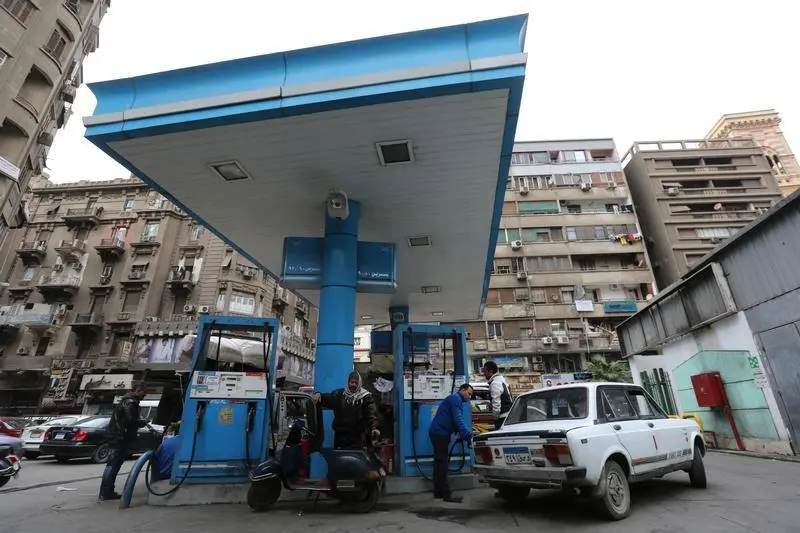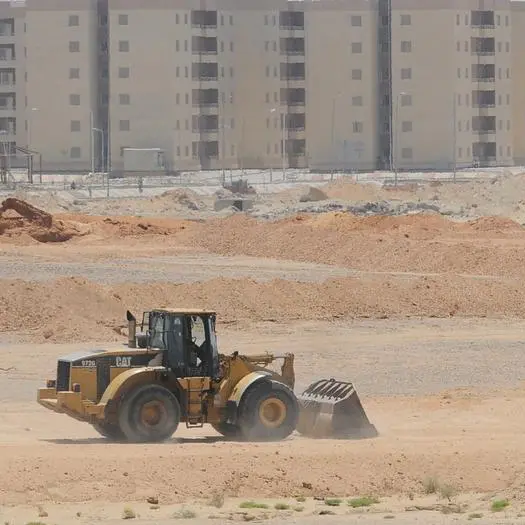PHOTO
Thursday, Sep 10, 2015
Muscat: The Financial Affairs and Energy Resources Council has formed a specialised working group to study public spending and the means to reduce it amid the slump in oil prices.
The Council said in a statement that the actions taken by the government to rationalise the spending and to increase non-oil revenues, have contributed to the alleviation of the oil price slump.
The council pointed out that more precautionary measures will be taken amid the possibility of a further decline of oil prices.
Moreover, the Omani government will apply zero-budgeting in the ninth five-year plan of approving allocations for development projects only after the completion of feasibility studies and real costs of the project.
It aims to avoid any additional fund request after starting the implementation of the project.
The General Secretariat of the Supreme Council for Planning has recently addressed all ministries and government departments in order to reduce the request for additional funds, and called for realism and accuracy when requesting funds for any project.
On the other hand, gross domestic product (GDP) witnessed a decline of 14.2 per cent during the first quarter of 2015, compared with a growth of 2.7 per cent during the same period last year.
The added value of oil activities has recorded a significant decline of 36.8 per cent as a result of the slump in oil prices.
Under pressure
The annual inflation rate as measured by the change in the average consumer price index in Oman stood at 0.27 per cent from June to July.
The sultanate is under pressure to pump more oil to make up for the drop in the price which prompted it to increase the daily production of crude oil and condensate oil last July. Production exceeded the barrier of one million barrels per day, the highest figure in the history of Oman’s oil production.
The drop in crude prices has hit hard. Oman has posted a budget deficit of a 1.8 billion riyals so far this year, according to data provided by the Ministry of Finance. The approved deficit for the 2015 budget stands at 2.5 billion riyals (Dh23.8 billion) an increase of 38.9 per cent compared to last year.
Oman and Bahrain are the most vulnerable Gulf countries due to a prolonged slump in the oil prices, according to Standard and Poor’s credit rating agency. The agency attributed this to the low fiscal reserves and lack of economic diversification.
Moreover, Oman’s sovereign wealth fund (SWF) has assets worth $13 billion, far smaller than other Gulf SWFs.
By Fahad Al Mukrashi Correspondent
Gulf News 2015. All rights reserved.





















